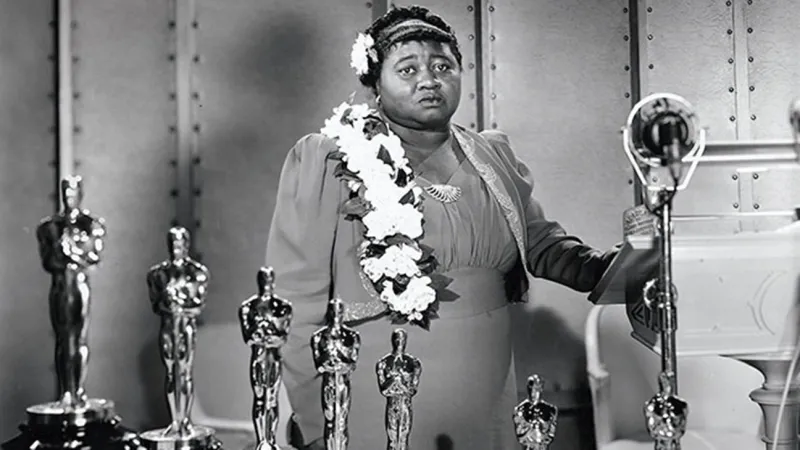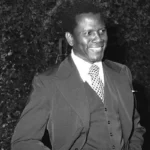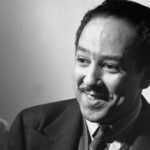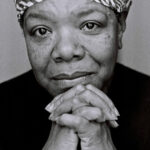Trailblazing Talent: Hattie McDaniel’s Journey and Contributions to Black History
Early Life and Introduction to Entertainment: Hattie McDaniel, born on June 10, 1895, in Wichita, Kansas, emerged as a trailblazing talent in the entertainment industry. Raised in a family of performers, McDaniel’s early exposure to the world of entertainment ignited her passion for the arts. Her journey would eventually make her a groundbreaking figure in both Hollywood and black history.
Career in Radio and Early Acting Roles: Hattie McDaniel’s career began in the world of radio, where she showcased her versatile voice and comedic timing. She soon transitioned to acting, making her film debut in the 1932 feature “The Golden West.” While often relegated to stereotypical roles, McDaniel’s talent and charisma allowed her to stand out, laying the foundation for a career that would break barriers in the film industry.
Gone with the Wind and Academy Award Win: Hattie McDaniel’s most iconic role came in 1939 when she portrayed Mammy in the classic film “Gone with the Wind.” Her powerful performance earned her the Academy Award for Best Supporting Actress, making her the first African American to receive an Oscar. McDaniel’s win marked a historic moment in the entertainment industry, breaking down racial barriers and challenging preconceived notions of Black actors’ capabilities.
Contributions to Black History and Civil Rights: Beyond her individual achievements, Hattie McDaniel played a significant role in paving the way for future generations of Black actors. Her success challenged Hollywood’s deeply ingrained racial stereotypes and inspired others to pursue careers in the entertainment industry. McDaniel’s presence onscreen was a powerful statement during a time of racial segregation and discrimination.
Radio Career and Music: In addition to her film career, McDaniel found success on the radio, showcasing her talents in comedy and music. She became the first African American woman to star in her own radio show, “The Beulah Show,” in 1947. Her contributions to the world of entertainment extended beyond acting, demonstrating her multifaceted abilities.
Philanthropy and Community Involvement: Hattie McDaniel was also known for her philanthropic efforts and community involvement. She supported various charitable causes and used her platform to advocate for social change. Her contributions went beyond the screen, reflecting a commitment to improving the lives of others and addressing societal inequalities.
Legacy and Impact: Hattie McDaniel’s legacy endures as a symbol of resilience, talent, and trailblazing courage. Her groundbreaking achievements in Hollywood paved the way for greater inclusivity in the entertainment industry. While she faced challenges and criticism during her career, McDaniel’s impact on film and her role in advancing civil rights remain indelible components of her lasting legacy.
Conclusion: Hattie McDaniel’s journey from radio to Hollywood stardom represents a pivotal chapter in both entertainment history and the broader narrative of Black achievement. Her groundbreaking Oscar win and contributions to the arts solidify her place as a trailblazer whose impact transcends the silver screen. Hattie McDaniel’s legacy continues to inspire generations, showcasing the transformative power of talent, resilience, and the pursuit of equality in the face of adversity.





